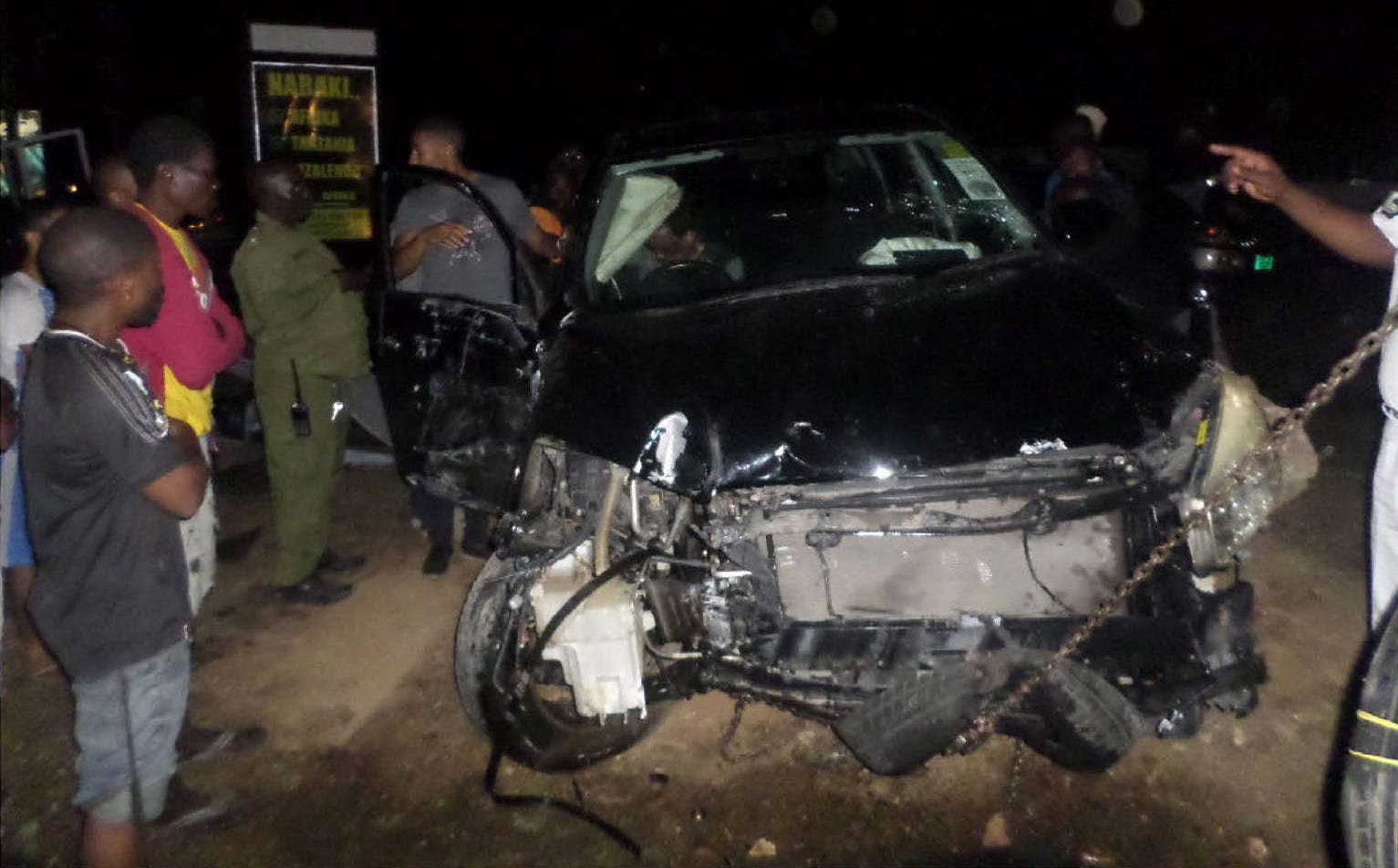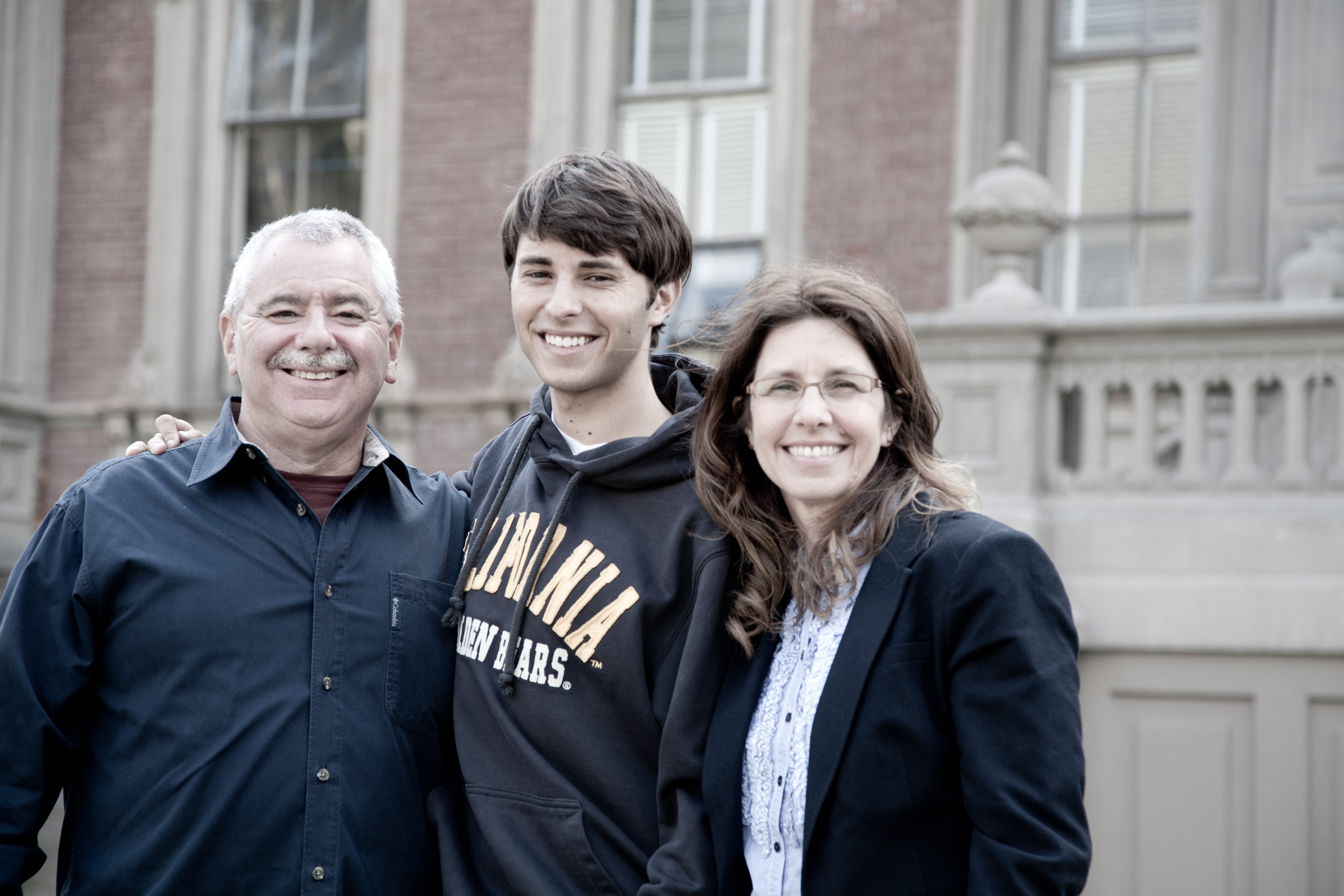Tragic Deaths in the Peace Corps
The murder of Peace Corps volunteer, Kate Puzey in 2009

In 2020, the agency’s OIG issued a report underscoring recurring issues, including the agency’s struggles with volunteer placement, transportation and housing. The watchdog reiterated warnings that overseas staff failed to keep adequate records of security threats in site history files deemed “incomplete, disorganized and unused.”
A dozen Peace Corps volunteers told USA TODAY in 2021 they were placed in dangerous situations and suffered further trauma when the agency bungled the response to their assaults. An investigation by the newspaper found volunteers accusing staff of misrepresenting sexual assaults in official records, failing to explain to rape victims the option of having a sexual assault forensic exam and otherwise violating policies established over the last decade.
John Peterson’s fatal drunk driving spree
An American Peace Corps employee in Tanzania killed a mother of three and injured two others in a series of crashes in 2019 after a night of drinking.
USA TODAY unearthed documents and accounts of the incident involving high-ranking Peace Corps employee John Peterson. Within hours of the incident, the American was rushed onto a plane by the Peace Corps and U.S. Embassy staff and was flown out of the country. Neither Tanzanian nor U.S. authorities have filed charges in the incident.

The car that John Peterson was driving is seen at the crash site. In the early morning of August 24, 2019,
Peterson was released from a Tanzanian jail after embassy officials wrongfully asserted diplomatic immunity for Peterson, records show. State Department officials then waited until he was airborne before notifying their host nation’s counterparts.
Peterson was suspended from his duties and remained on the payroll for more than a year after the incident before he resigned, collecting $258,000.
Since USA TODAY published its exclusive report in December, former Peace Corps members have called for change at the agency and raised thousands of dollars for the deceased woman’s family.
Nick Castle and substandard medical care
Volunteer Nick Castle died while serving in China in 2013 after receiving substandard medical care.
After a mysterious gastrointestinal case left Castle unresponsive in city of Chengdu, the Peace Corps hired an outside expert to examine what happened.
The review found that despite poor care, the death could not have been prevented. However, an investigation by the New York Times in 2014 raised new questions about how the agency responded to the volunteer’s illness.

Nick Castle graduated in 2012 from the University of California, Berkeley. His mother, Sue, right, continues to push lawmakers and Peace Corps officials for improvements.
Months before his death, Castle had reached out to his Peace Corps doctor due to worrisome weight loss, then again after falling seriously ill. After seeing him, the doctor delayed calling an ambulance, which then got lost trying to reach him, the newspaper reported.
In October 2018, President Donald Trump signed the Sam Farr and Nick Castle Peace Corps Reform Act. (Farr is a former Peace Corps volunteer who served in Congress until 2017). The law expands oversight of medical staff and health care coverage for volunteers injured during service and requires the Peace Corps to train host families on sexual assault awareness and prevention. The Peace Corps inspector general found that before the law, only 21% of Peace Corps staff said they provided such training to host families.
Gardner, Kinsey deaths revisited
In 1976, Peace Corps volunteer Deborah Gardner, 23, was stabbed to death in Tonga. Witnesses said they saw fellow volunteer Dennis Priven, 24, dragging Gardner’s body from her house.
President Gerald Ford’s appointees at the agency reportedly bottled up news of the murder in the midst of the presidential campaign, then came to Priven’s defense. Priven was found not guilty by a Tonga jury by reason of insanity and flew back to the United States in early 1977 under a promise from the State Department to have him involuntarily committed to a mental hospital. Once in the U.S. he was released.
 Author Peter Reid (Tanzania 1964-66), who revisited the death in his 2020 book, said Tanzanian politics impacted the case. A team of defense attorneys, expert witnesses and the judge had overwhelmingly more experience than the prosecution. Bill Kinsey maintained his innocence.
Author Peter Reid (Tanzania 1964-66), who revisited the death in his 2020 book, said Tanzanian politics impacted the case. A team of defense attorneys, expert witnesses and the judge had overwhelmingly more experience than the prosecution. Bill Kinsey maintained his innocence.
Maybe this is not the place to say this because this article is about unnatural death, but days before I arrived in Peru in 1970, an earthquake killed tens of thousands on the coast and in the Andes, I saw the destruction when I got to my host site. I was fine, but In the Cajamarca area, two women volunteers died. Their bodies were discovered in a building’s debris, hugging each other. That image haunts me to this day. I never met them. Their sacrifice is as honorable as any soldier’s, and I hope we do not forget that sometimes the Peace Corps is a life-giving commitment. Hank Fincken, Peru and Costa Rica 1970-1973.
Thanks for sharing your story.
Reading these stories among others reminds one that things can go terribly wrong and being in another country without the proper support system can leave you vulnerable.
I have been invited to serve in a position starting next year. I’m just curious to those who have served as PCV, do the benefits outweigh the risks? I know it is a very general question to ask because there are literally positions all over the world. However, did your experience benefit you personally and your later career?
Thanks and regards,
Eric
Hank,
I’m sorry that image is imprinted in your memory.
That tragedy is so filled with horror and sorrow, bless their families and all who serve in P.C.V. s.
Take good care of yourself and I hope you are well and enjoying your life now.
Thank you,Hank, for reminding us of that tragedy.
I think it is time to change the legal status of those who serve from “volunteer” to civil service employee.
The job description and salary could remain the same, but the rights and access to medical help, protection from sexual discrimination, and other rights which employees enjoy would exist. Now, Volunteers are at the mercy of the “kindness of bureaucrats”, who have power which the “volunteer” does not have.
The Inspector General can report and recommend, but has no authority to enforce policy or correct problems. With the constant change in Peace Corps leadership from one political administration to another, there is really no one in office who can be held accountable
I totally agree with you.
The status change to civil service employee would or could save the l8ves and safety of P.C.V.s.
I was a volunteer in Honduras 1975-1978 it was a wonderful experience overall I had non-competitive eligibility and was offered a job with the US Forest service but did not accept it. Took job in Arkansas career in south. Having said that I was in some dangerous situations. I drank too much beer, I was threatened after Riding a mule over a hundred miles through jungle over rivers staying in peasant houses sleeping on the floors . I was affected by dysentery and think I had malaria although we took hydroxychloroquine. At the end a combination of poor diet and parasites forced my evacuation although I had completed my service. I would do it again it’s a dangerous world but he who would live must risk all.
I agree that more should be done regarding the status of RPCV’s. I also suggest that an official US medallion be presented to those who served in the Peace Corps.
As Ted Kennedy once said, “Send in the Peace Corps and you might not have to send in the Marine Corps.”
According to Fallen Peace Corps Volunteers (fpcv(dot)org/fallen-pcvs/), the agency has recorded 311 in-service deaths between 1962 and 2019. The list includes those who passed away soon after PCS. 1986 is the only year without a Volunteer death.
I personally met a PCV who served and died in Zsire. He was buried there. RIP, I remember you often.
I was a teacher in Ethiopia in the 1970s (not Peace Corps) and I knew a PCV in Addis Alem (Becky) who married an Ethiopian teacher (Bekele) and returned with him to the USA in 1974. Subsequently I was told by people from Addis Alem (Ethiopian students in my class) that Becky and Bekele had been murdered in the USA in 1977? 1978? by an ex-PCV who had also been in Ethiopia.
I have never been able to learn if this tragic event took place. If you know anything about it, please get in contact.
Thanks.
Neville Britten